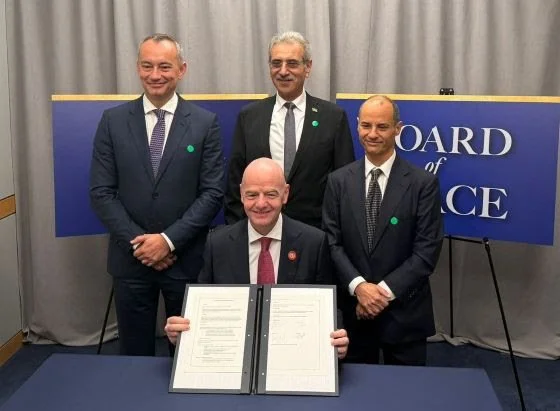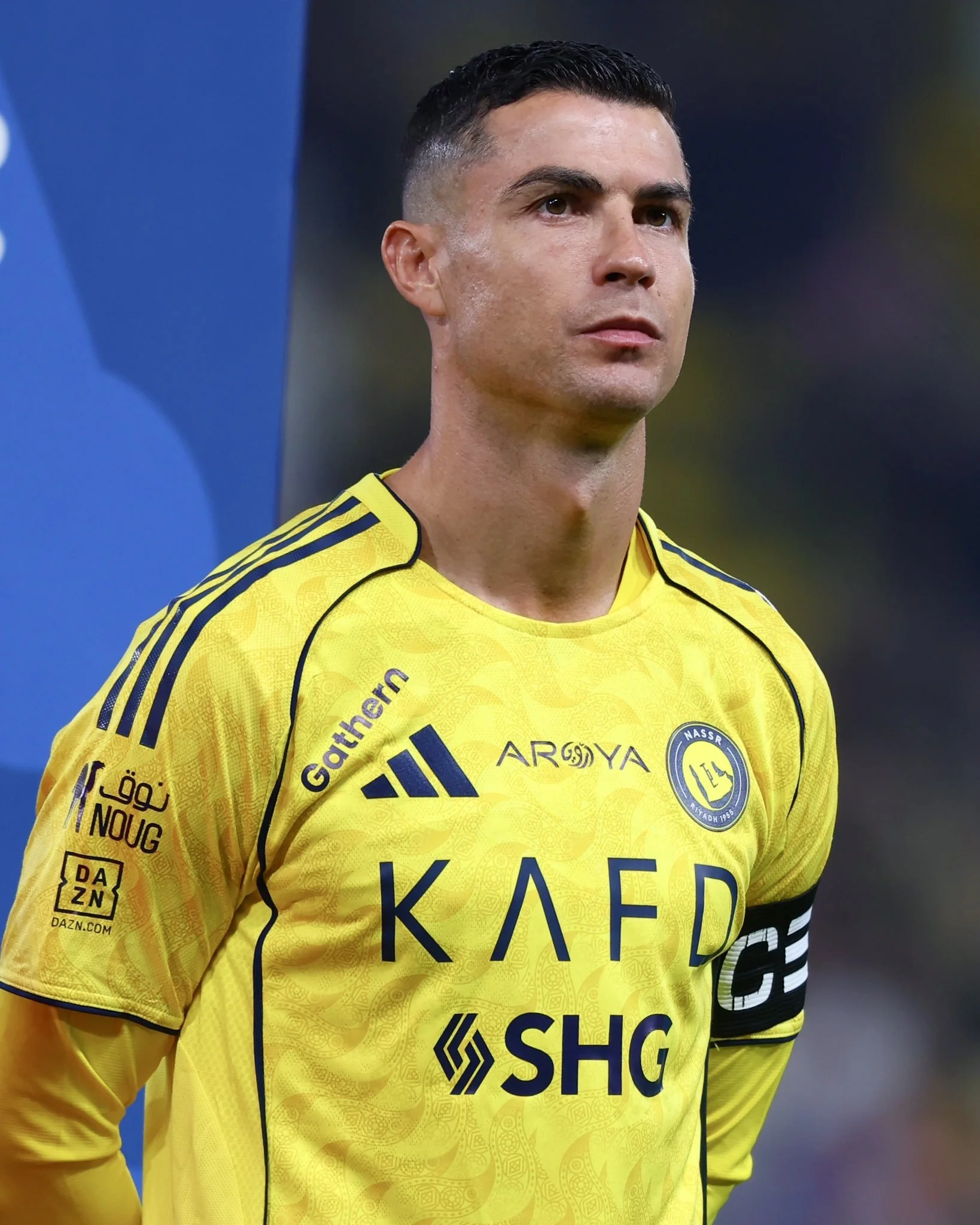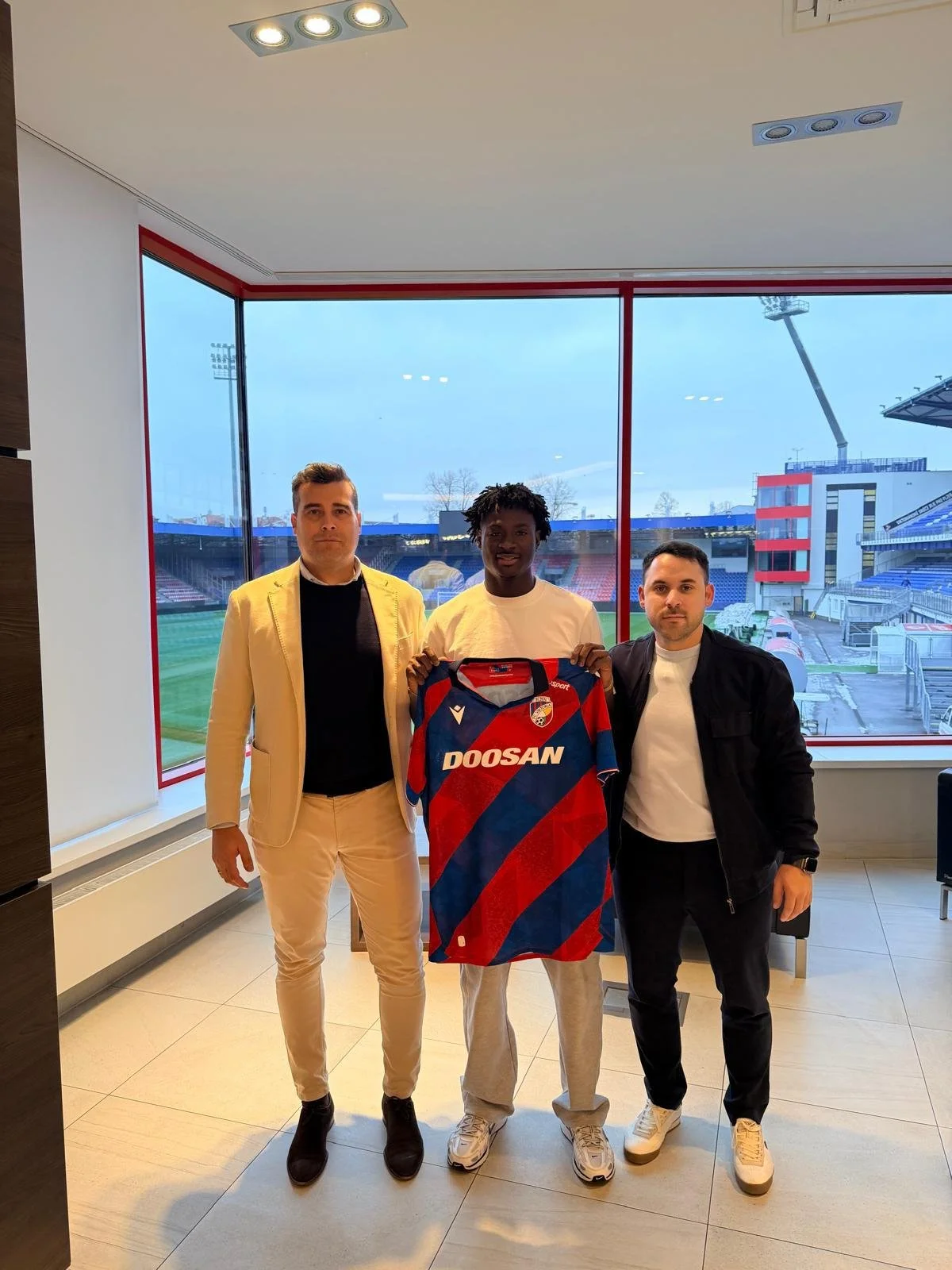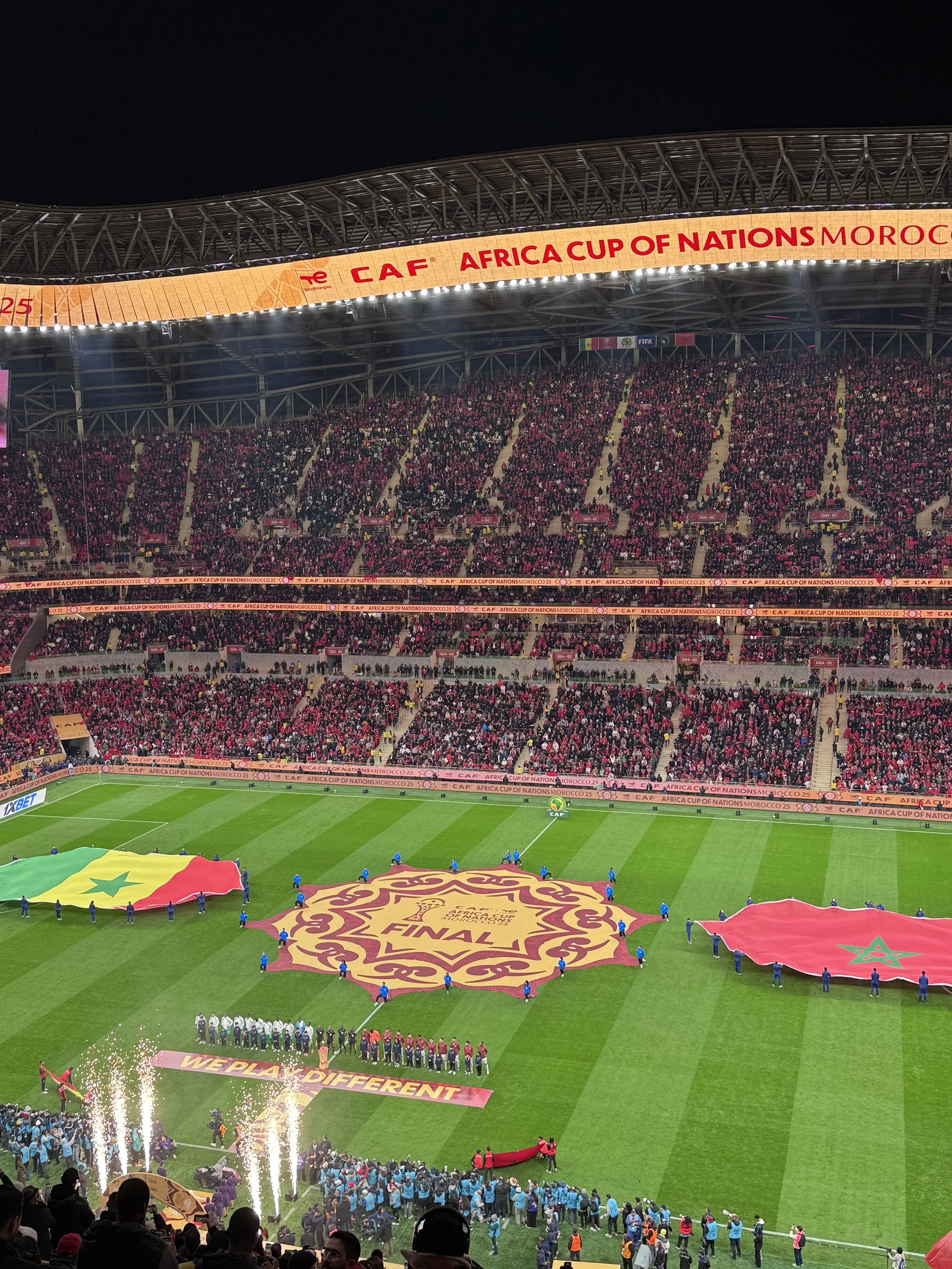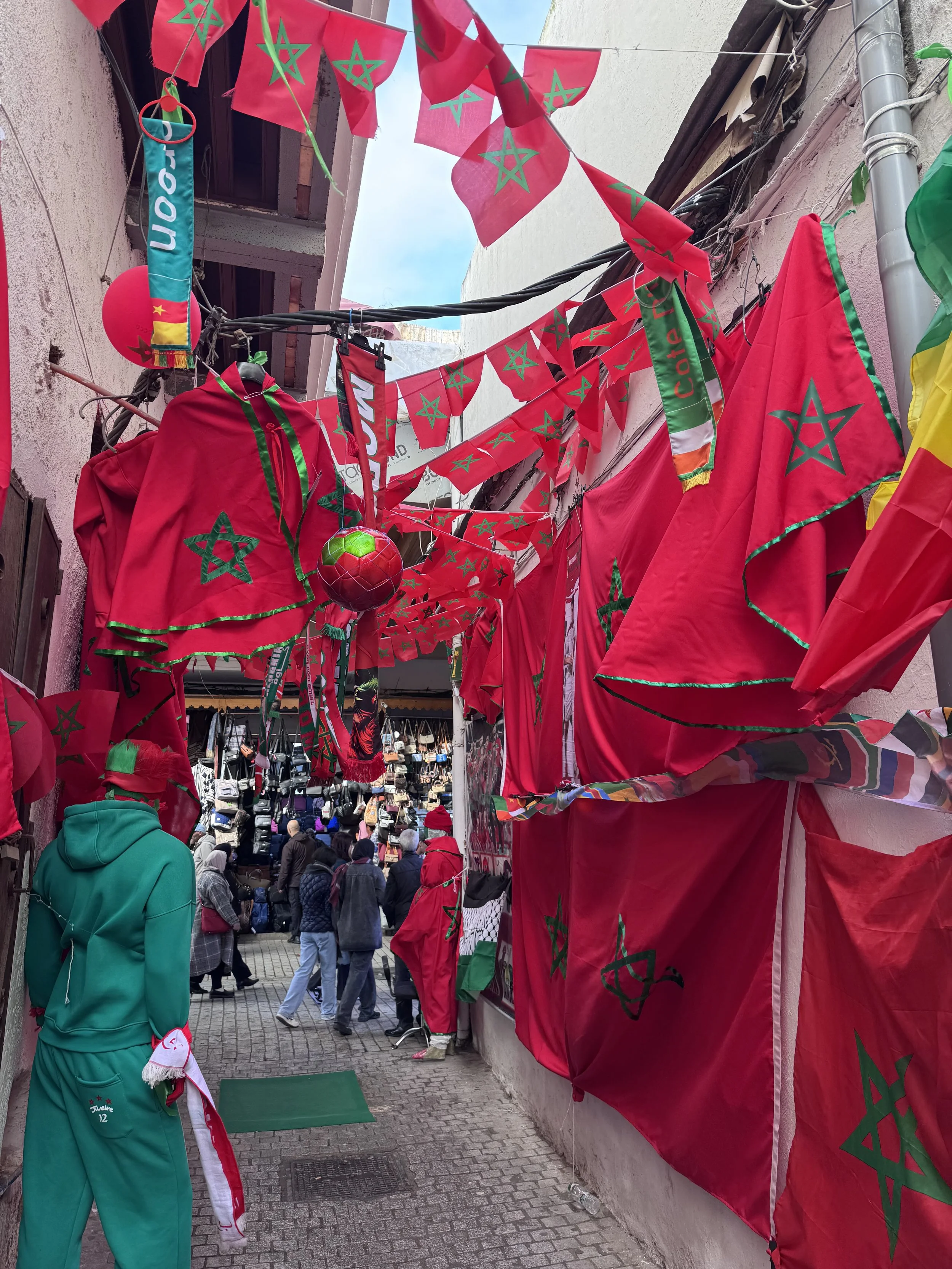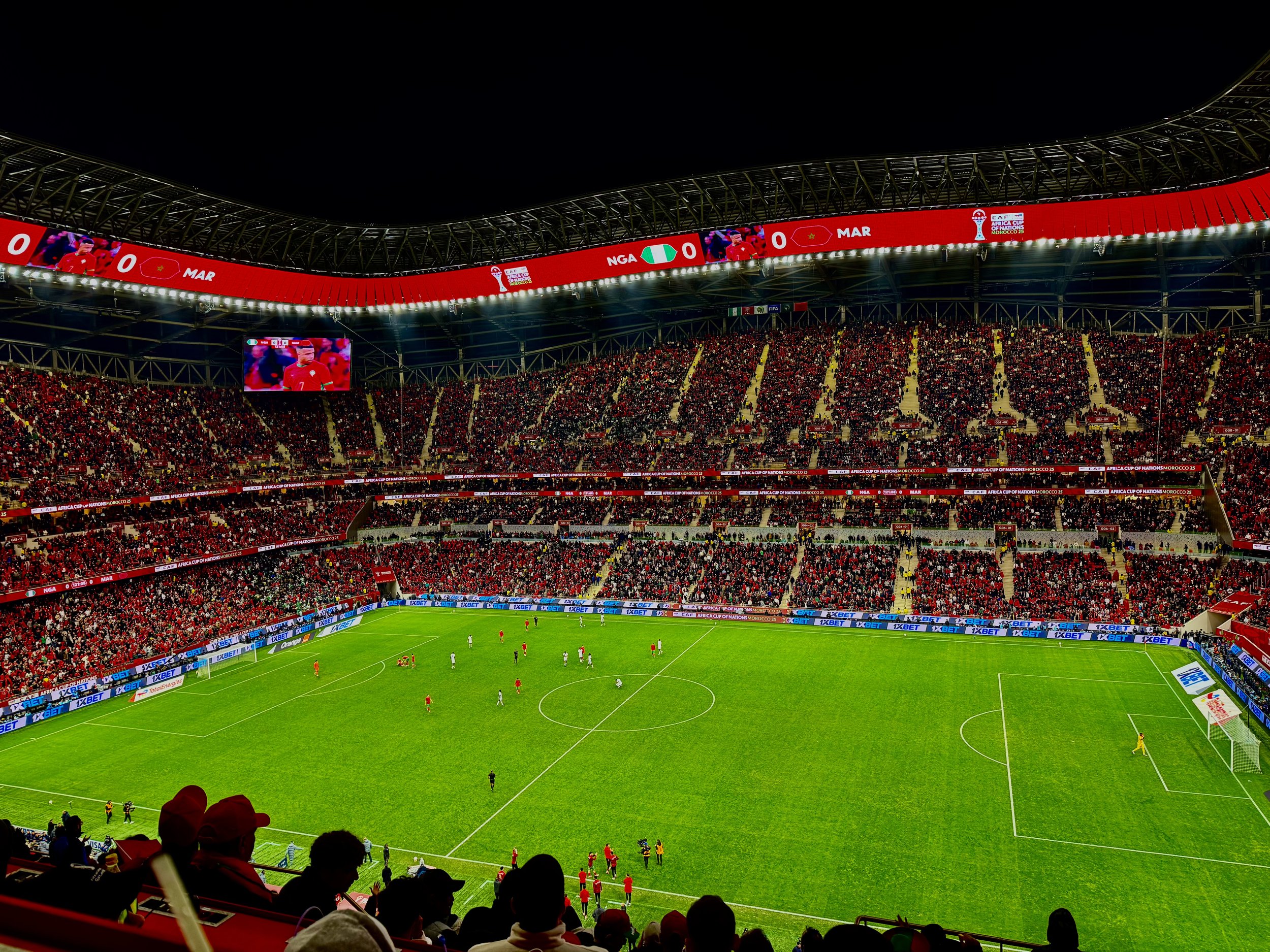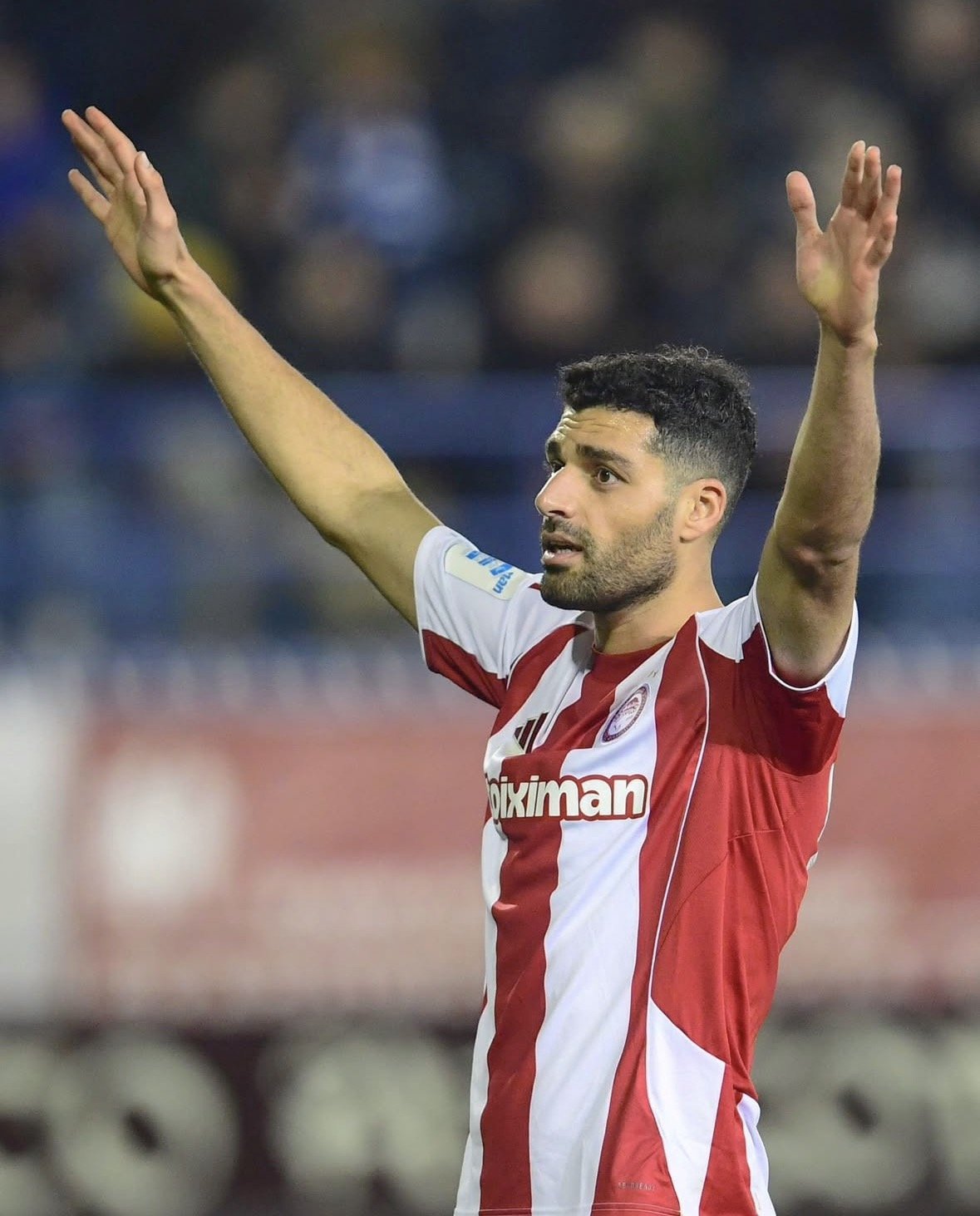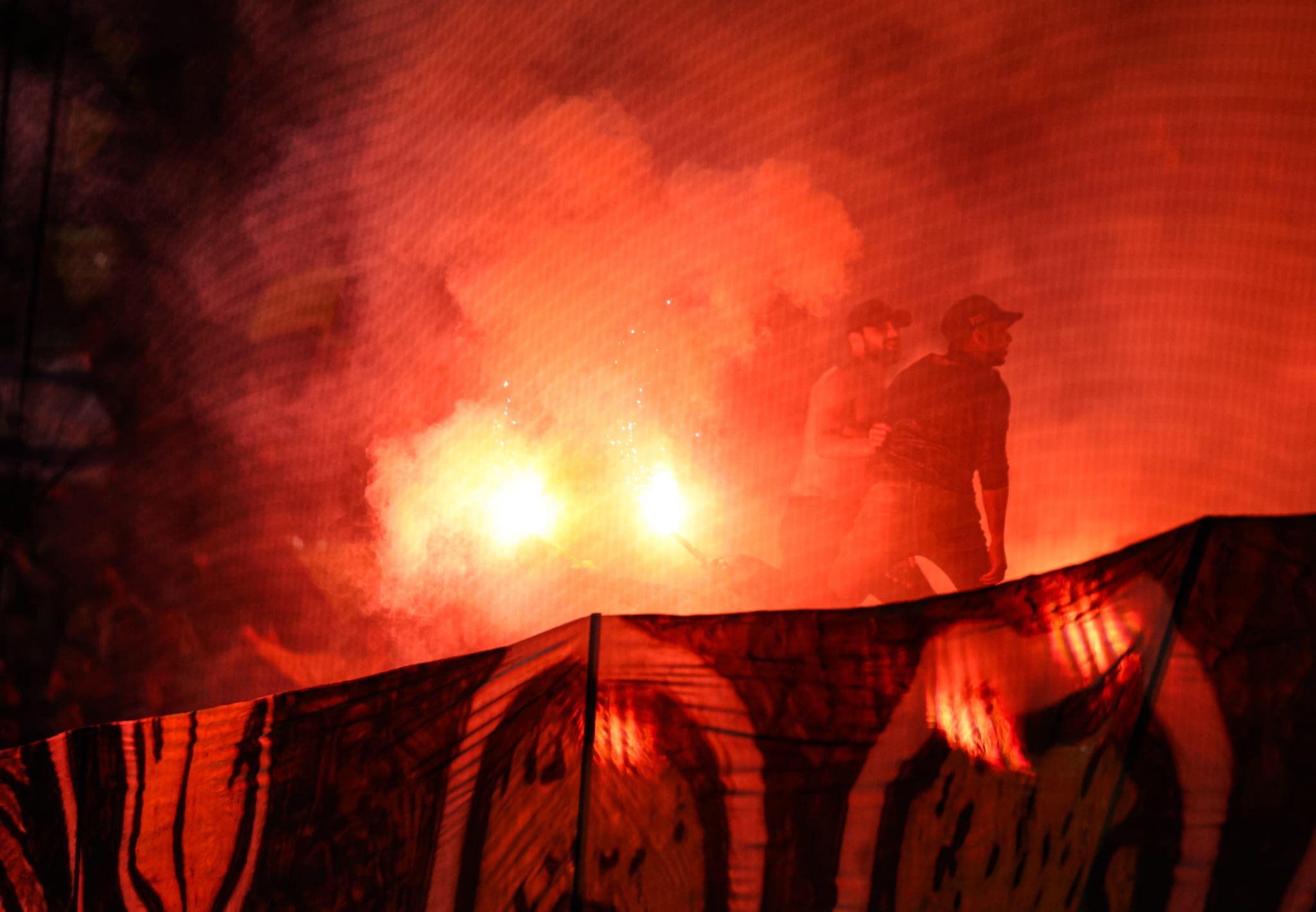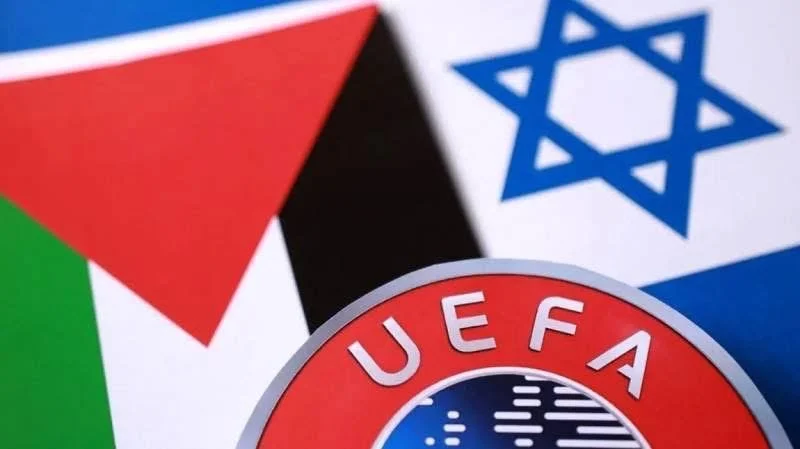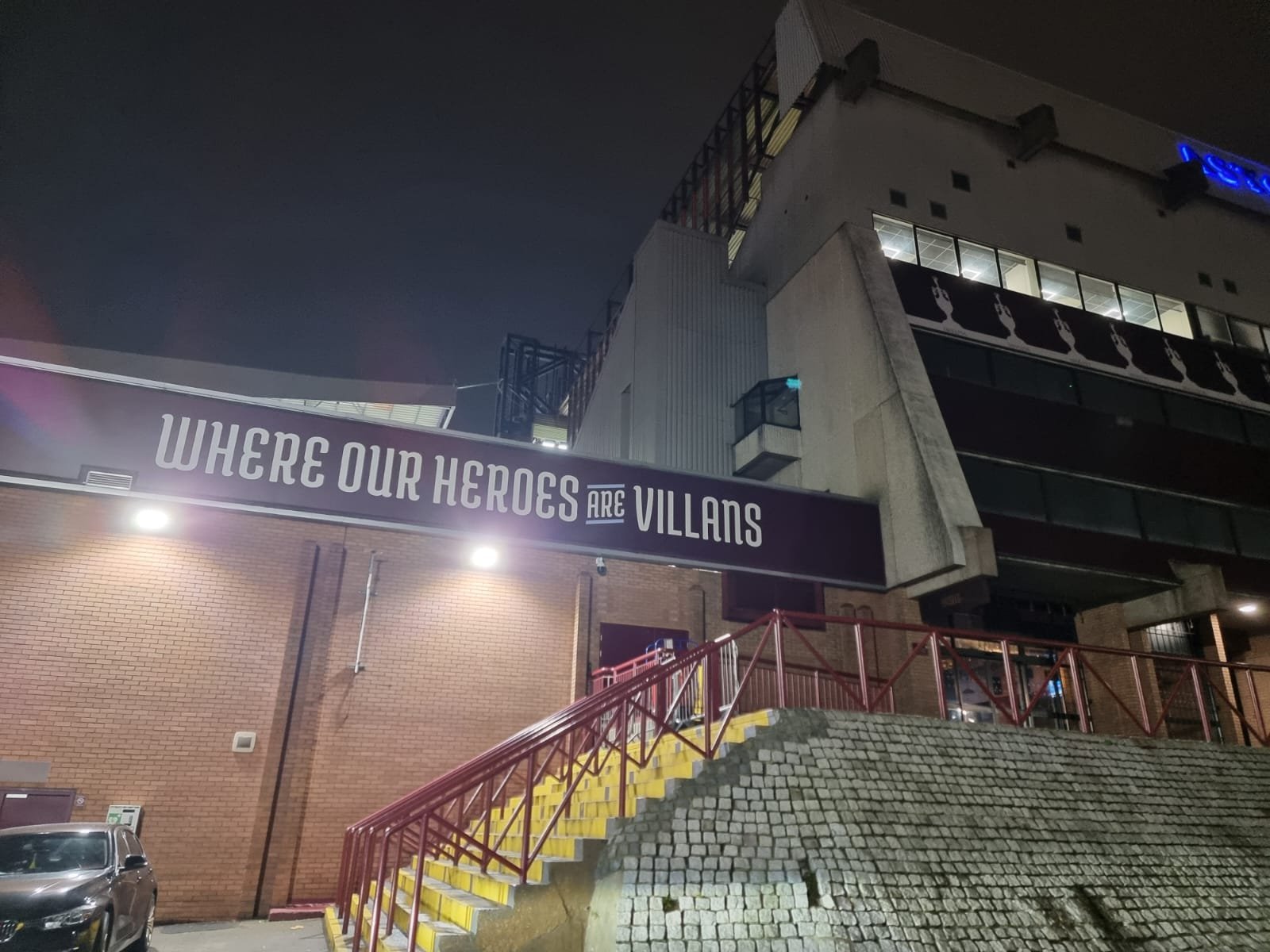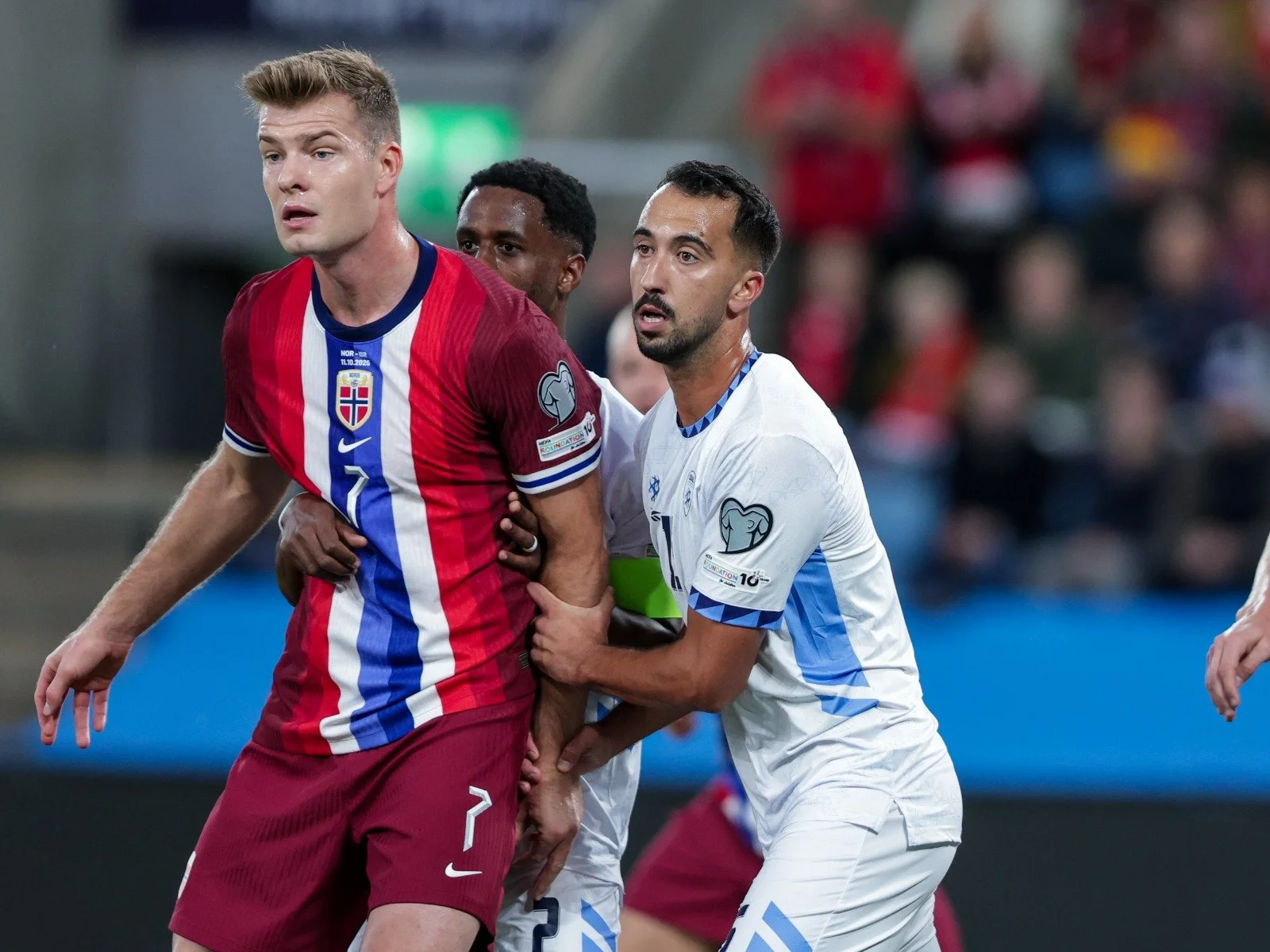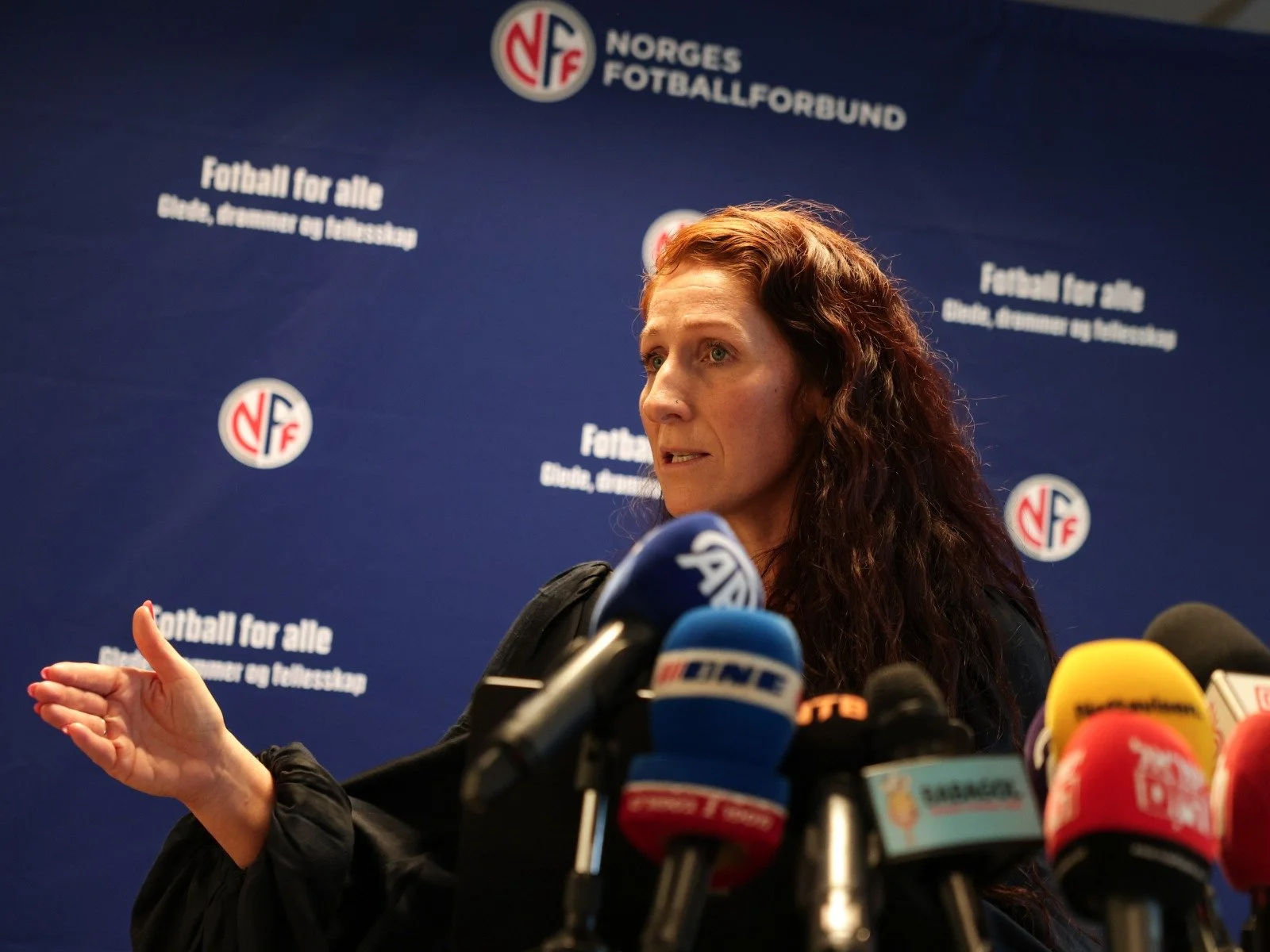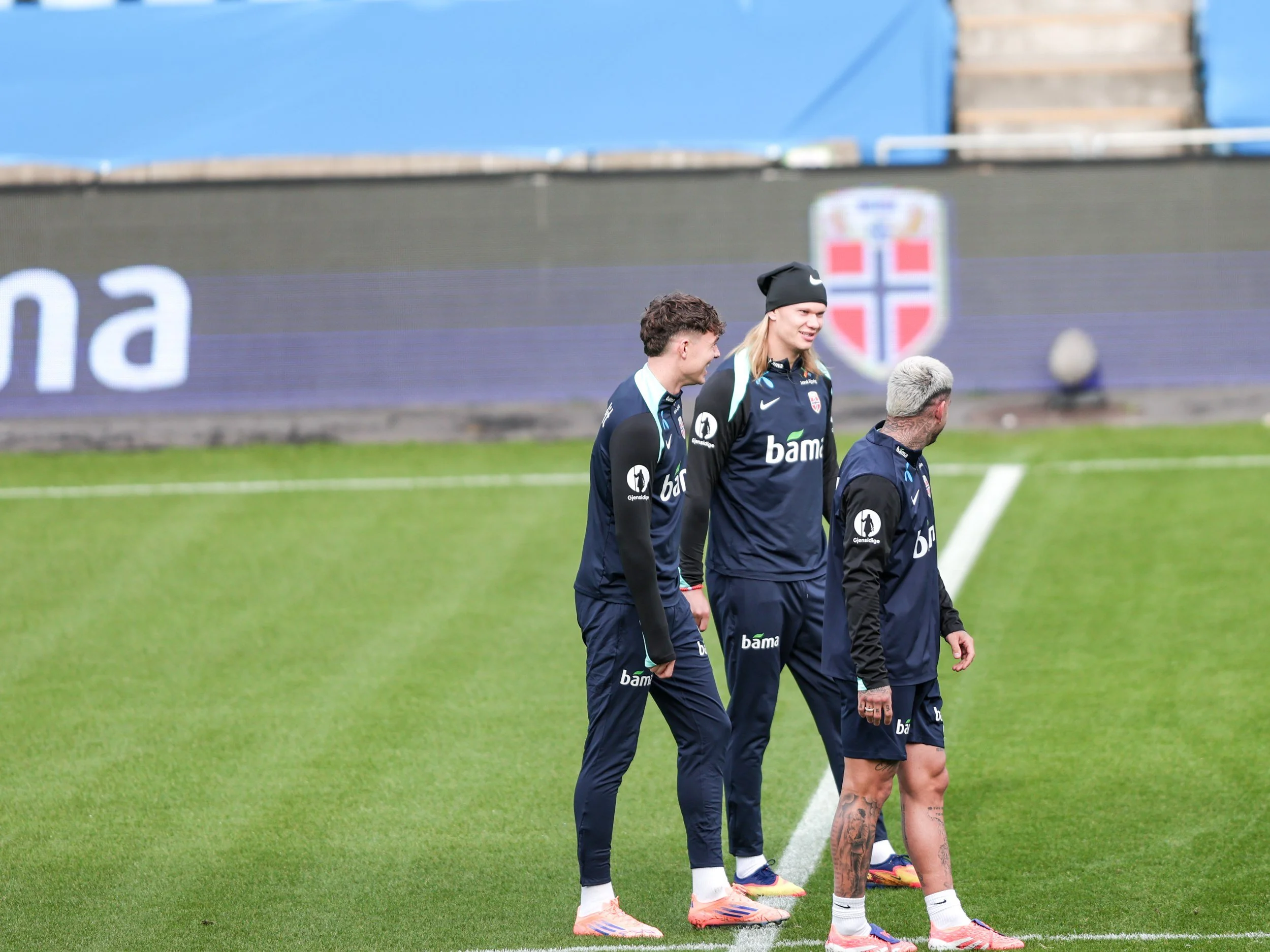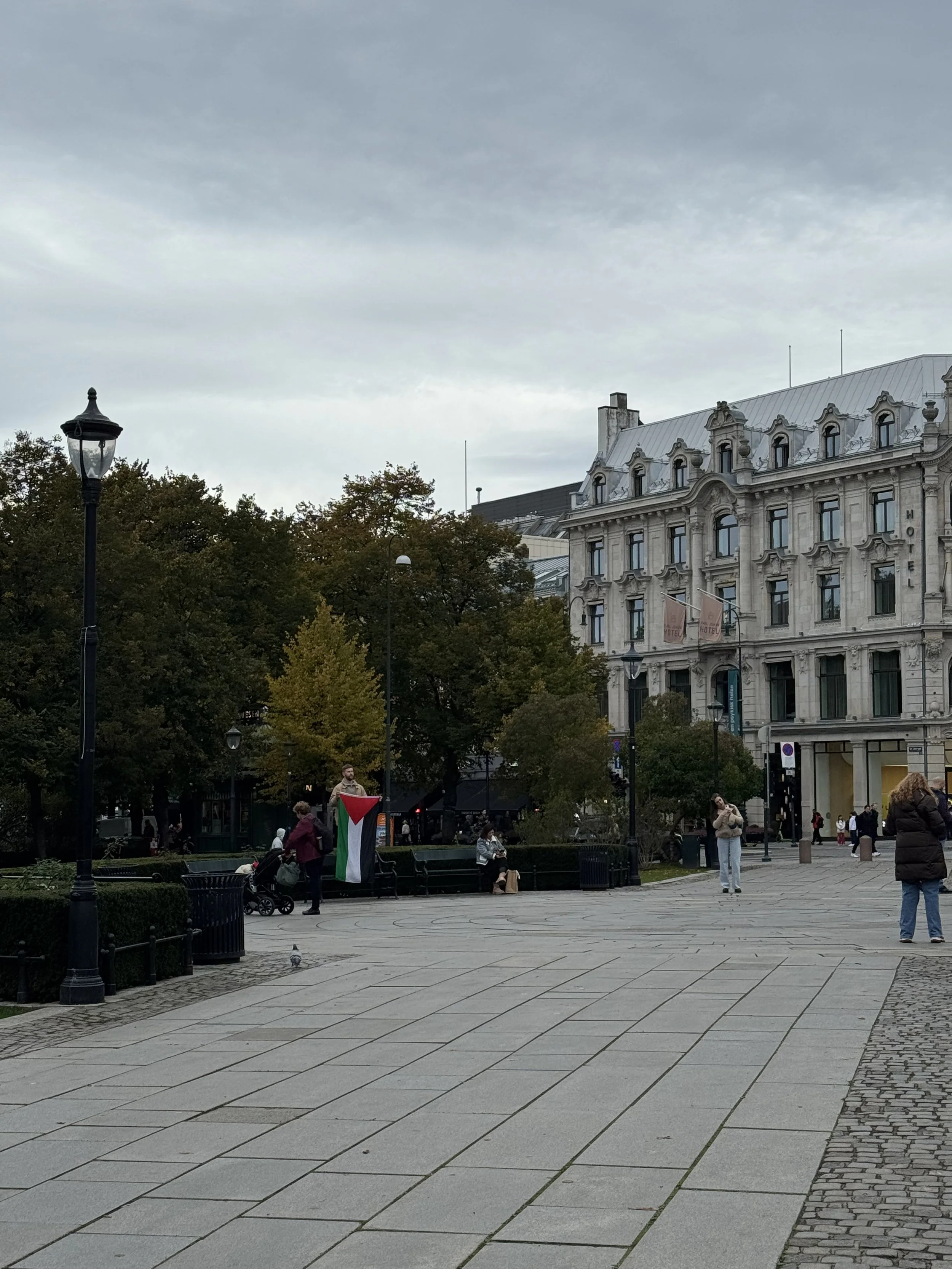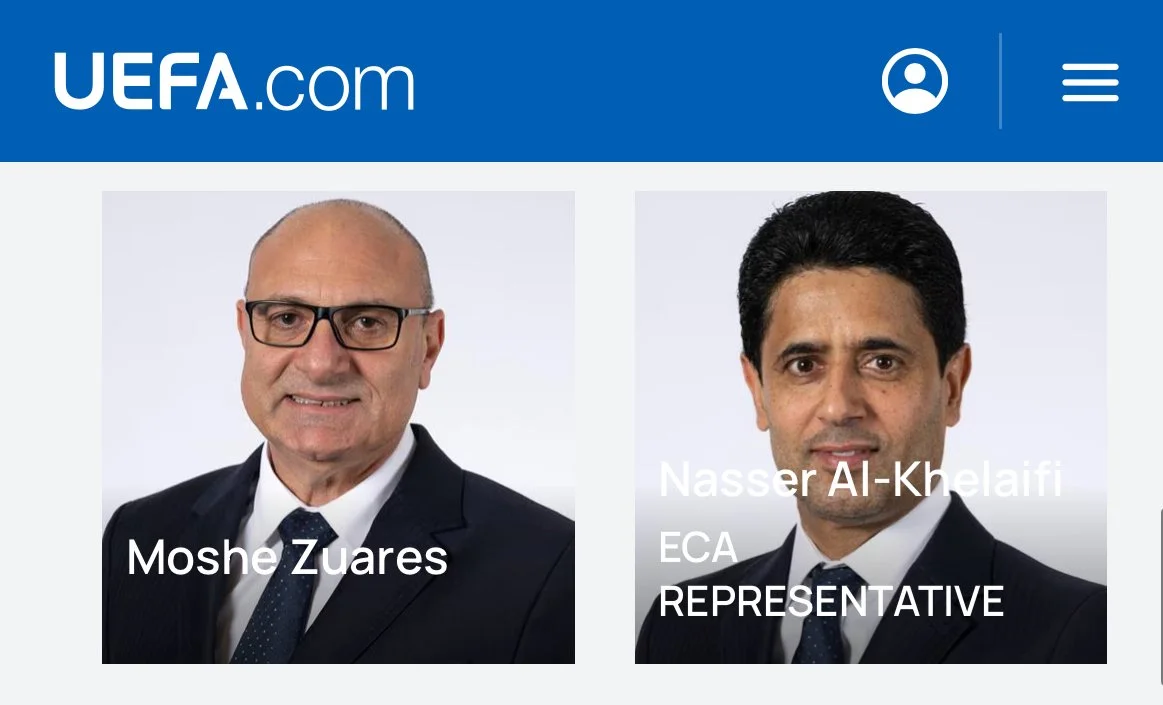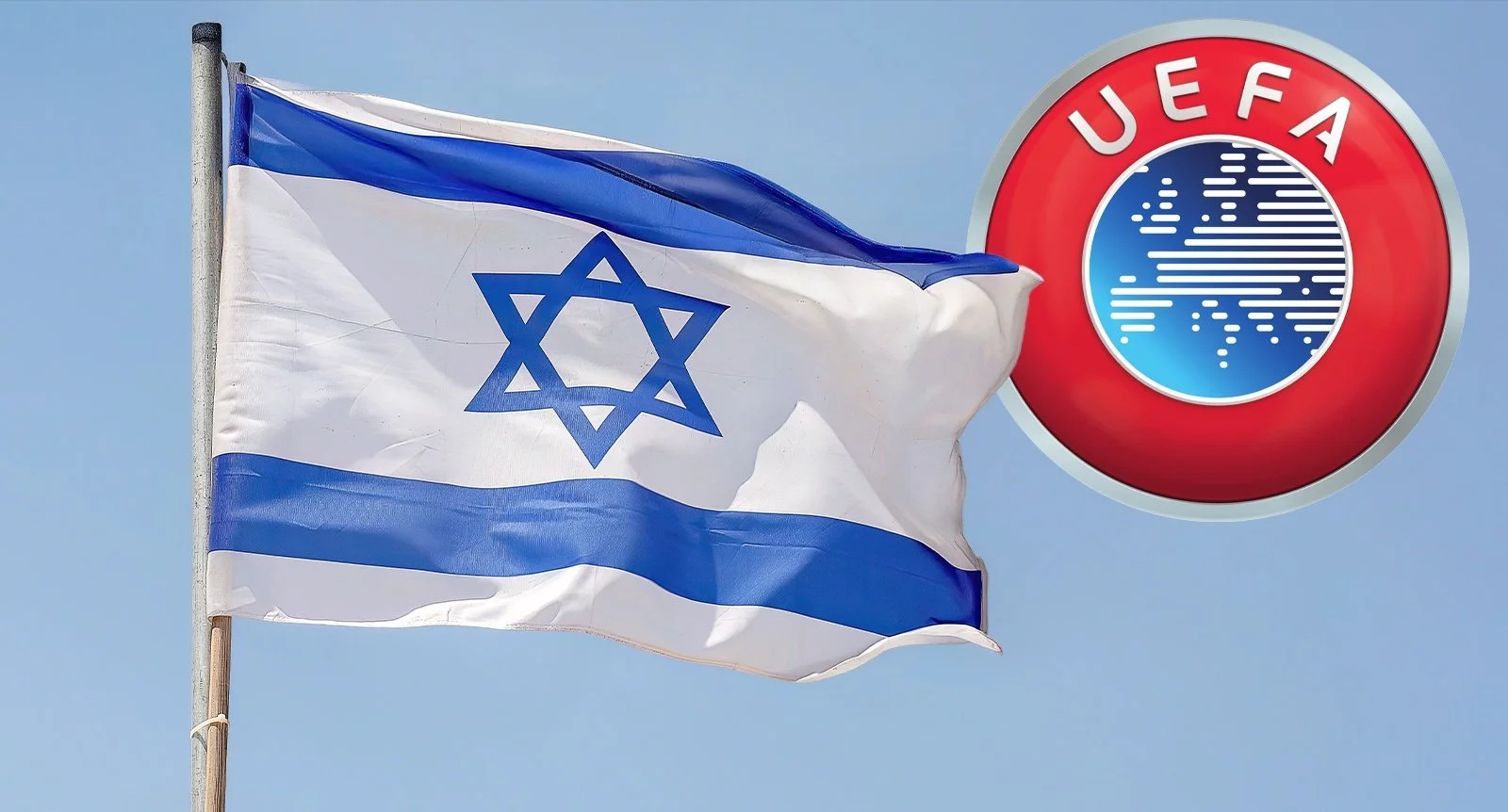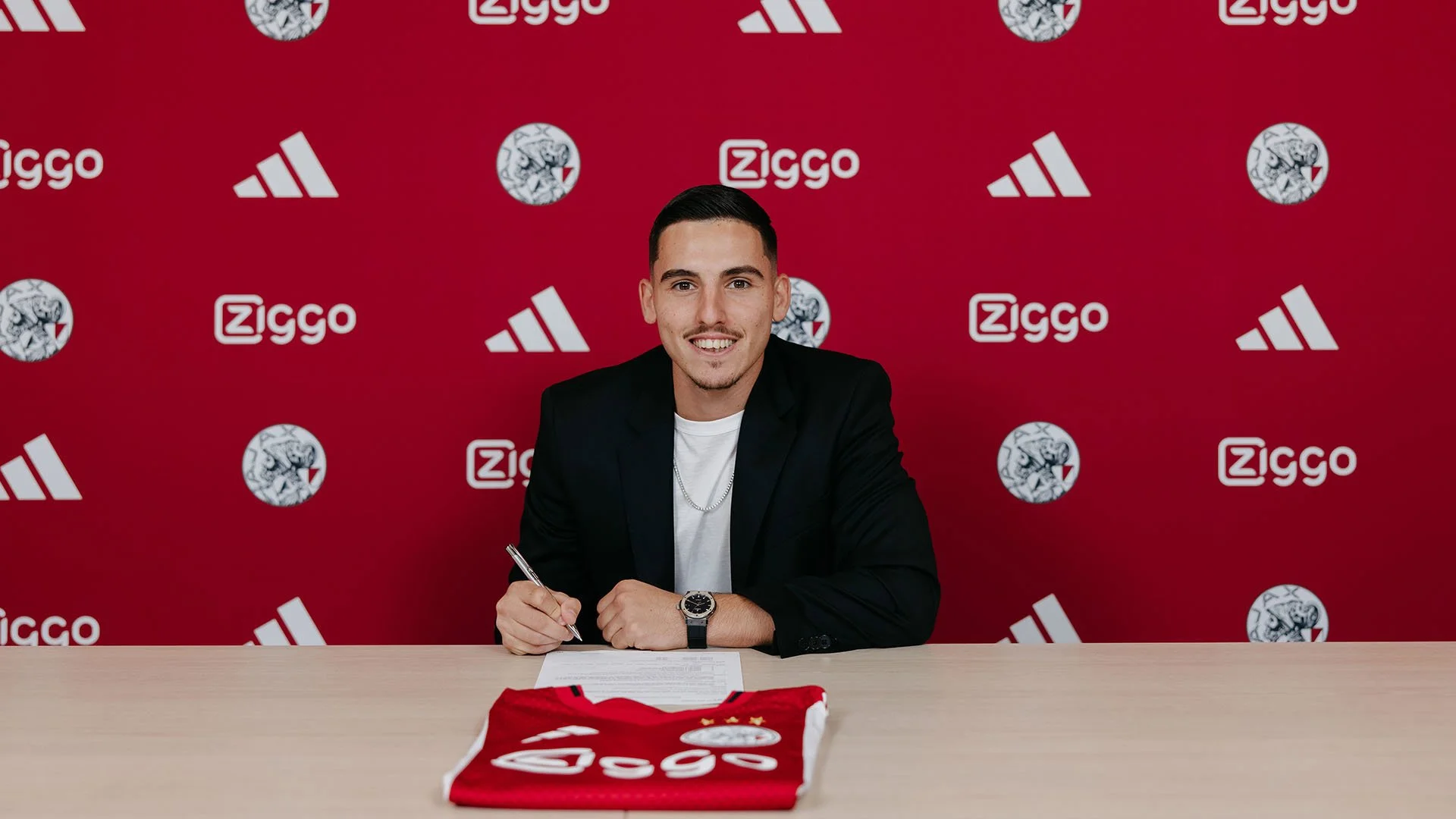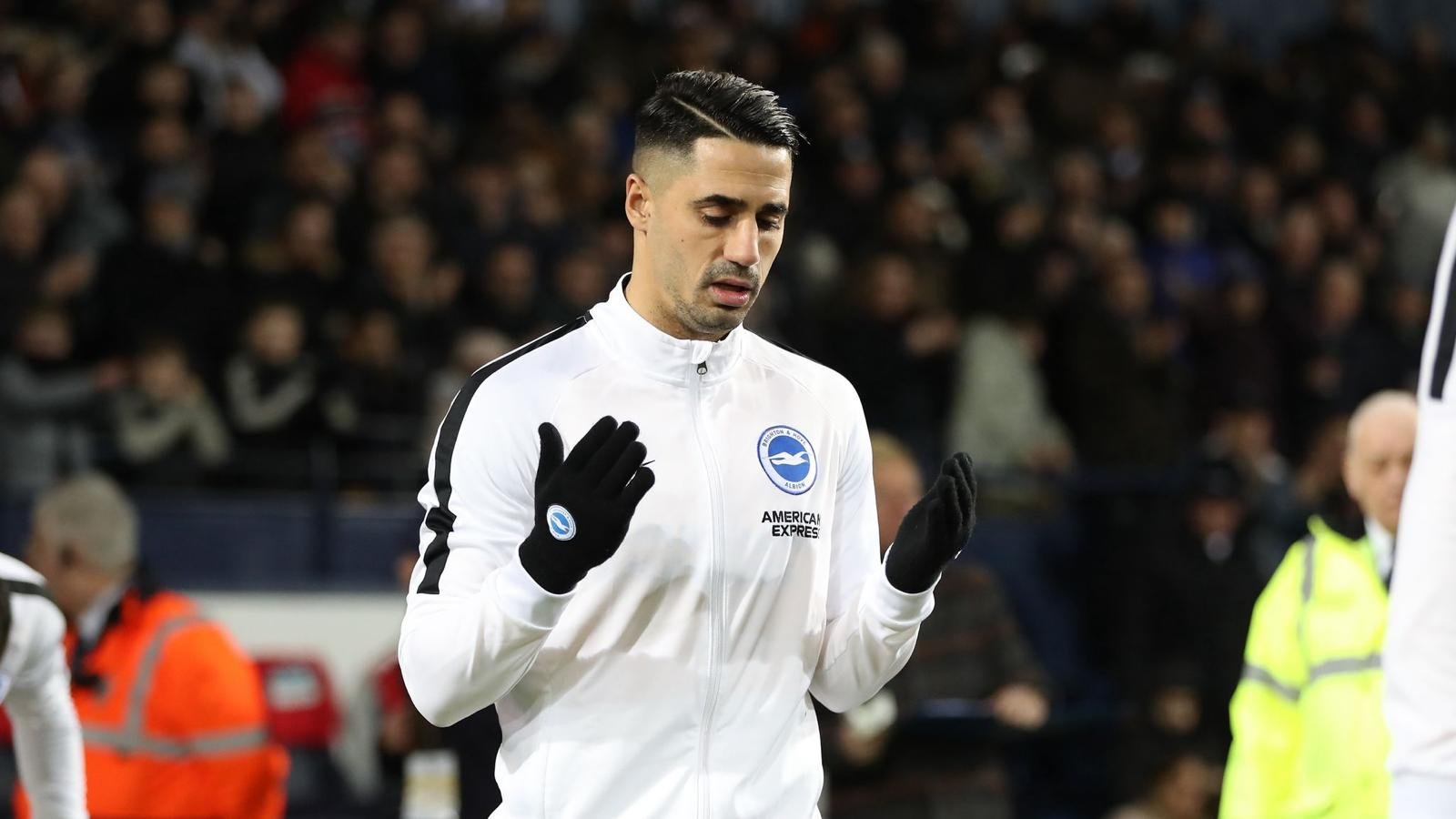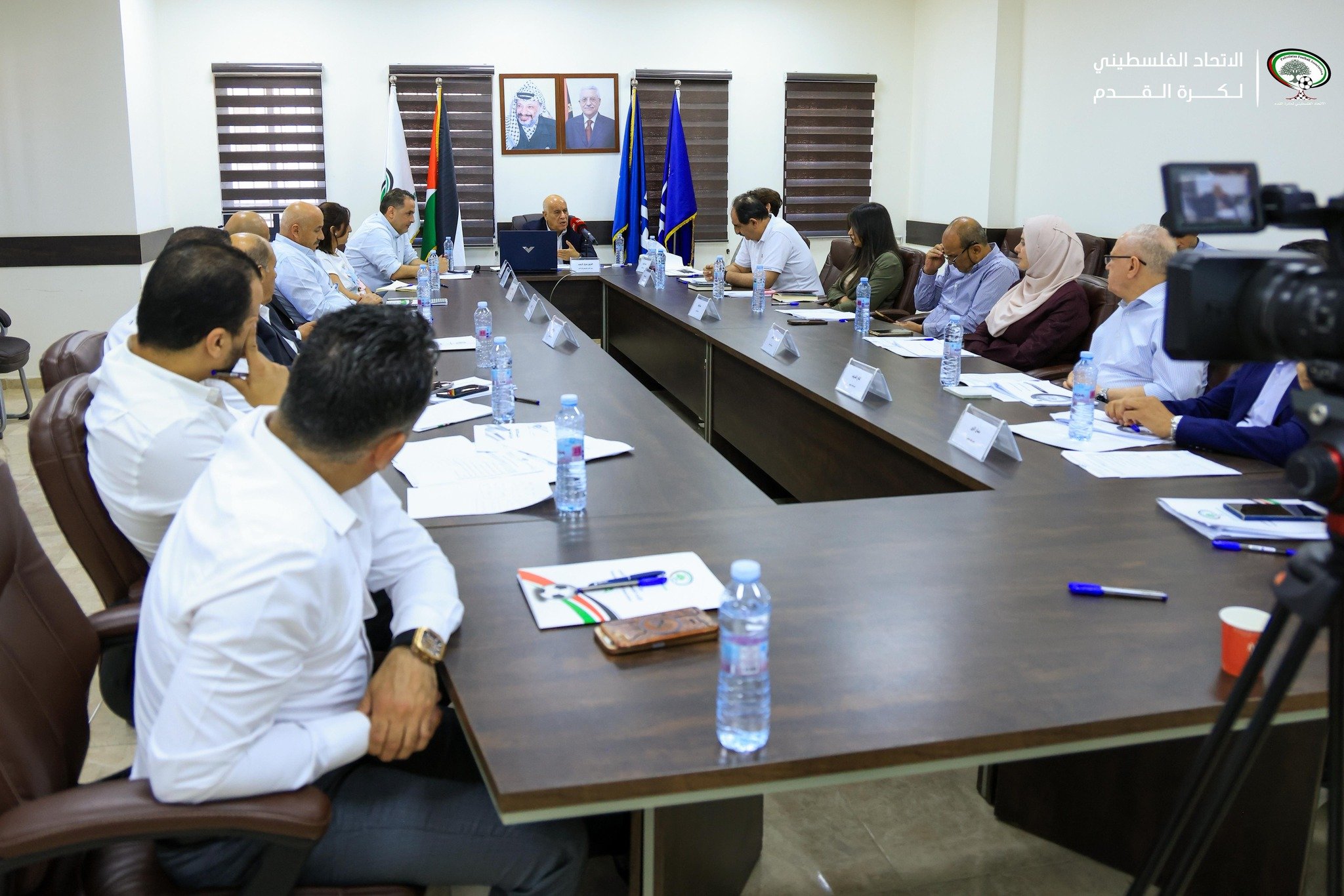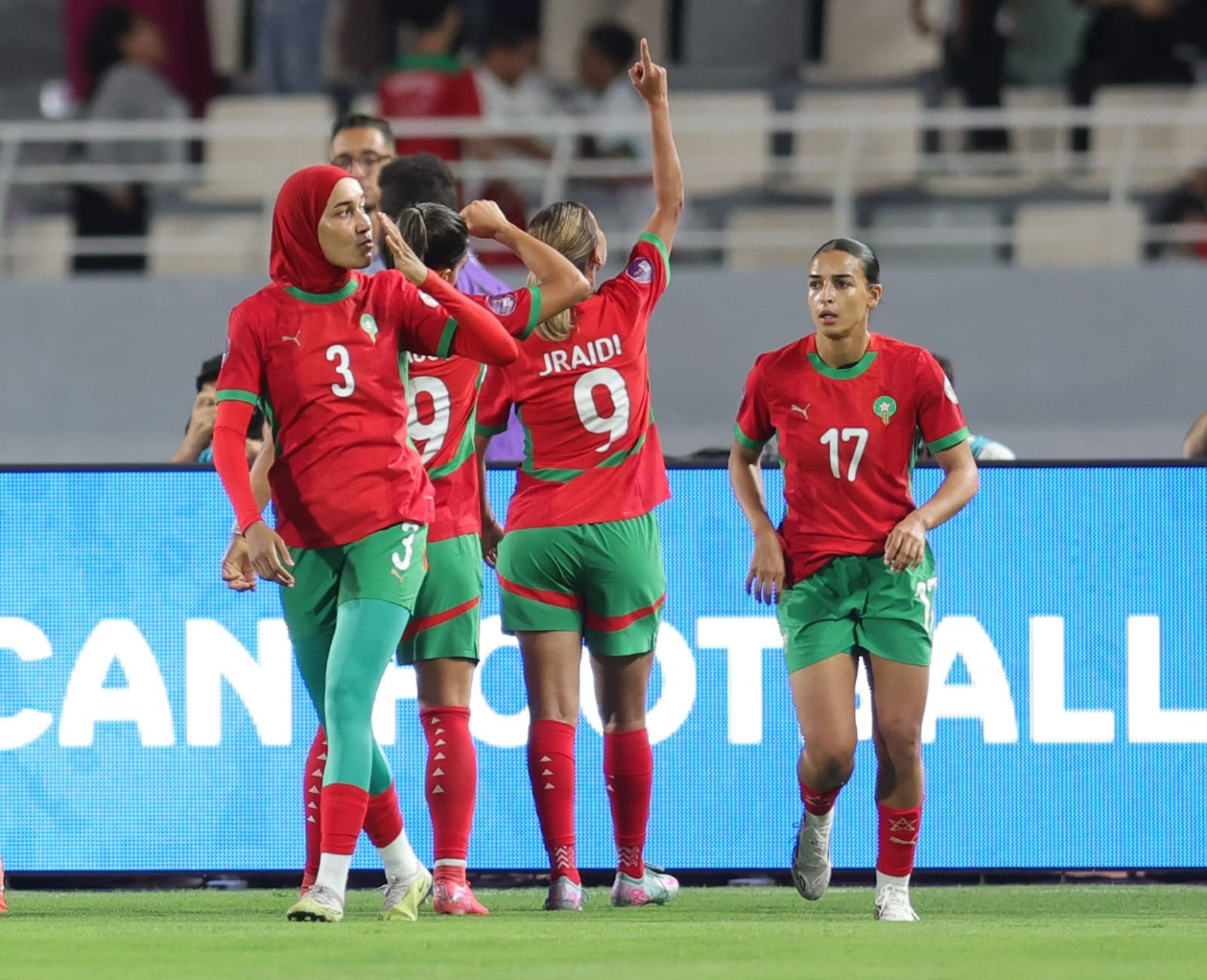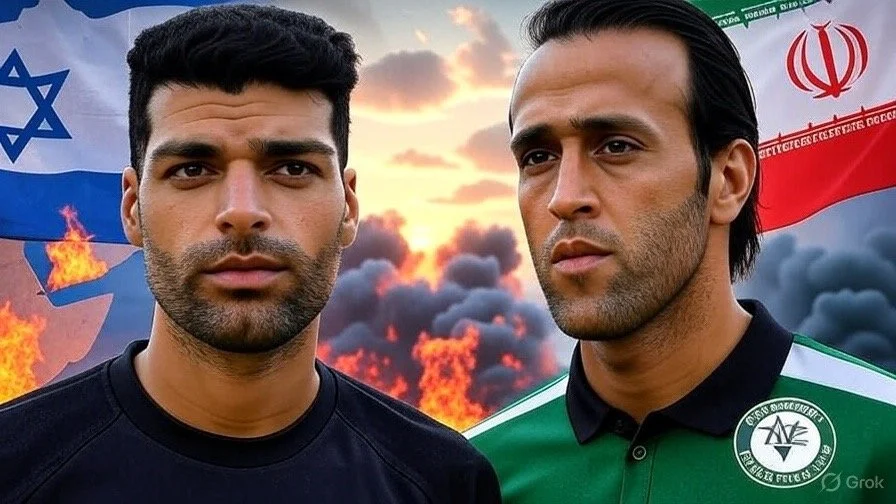Football in conflict zones always produces powerful stories. The weekend saw an escalation in the tensions between Israel and the militant group Palestinian Islamic Jihad (PIJ), following Operation Breaking Dawn. Three days of violence saw strikes cross the border in both directions. At the time of writing, a truce, brokered by Egypt, appears to be holding.
And, as is always the case in these situations, this has had a tangible impact on the local football scene.
As a direct result of the air strikes on Gaza, and the rockets aimed at southern parts of Israel, a friendly match between Juventus and Atletico Madrid that was scheduled to take place on Sunday in Tel Aviv, was moved to Turin.
Hapoel Be'er Sheva, one of the two Israeli teams competing in the qualifiers for the Europa Conference League, will have to travel to Netanya to play their home fixture against Swiss side Lugano. The city of Be'er Sheva, the most significant metropolitan in south Israel, is in range of rockets fired by the PIJ, and was targeted during the last round of escalation.
The security situation is also an opportunity to take a look at the impact the long-running tensions in the region have had on players in Israel, Palestine, and the Middle East.
Oday Dabbagh: East Jerusalem visa problem
The first is Oday Dabbagh, the Palestinian forward who plays for Arouca FC, in Portugal. Dabbagh is arguably the biggest star in Palestinian football, and last season he scored four goals in 23 appearances in all competitions for the newly promoted club.
The forward’s transfer to Arouca was delayed last summer as he waited for his visa to enter Portugal for almost three months, missing all of pre-season, and his side’s first couple of matches.
Dabbagh is from East Jerusalem, and as a result suffers from an administrative 'black hole' regarding travel certificates and permissions.
In East Jerusalem, the residents aren't citizens of Israel, yet don’t hold a Palestinian passport either. Some have Jordanian passports, others a Laissez-Passer certificate, the most common travel document for people from the area.
It’s not just a problem for Dabbagh, but most East Jerusalemites hoping to travel abroad.
This summer, the second in a row, he is 'stuck' in his hometown, without a visa to enter Portugal. According to rumors, when he left Portugal for the international break, to return home for the holidays, he signed only an outgoing visa without a return option.
The player hasn't confirmed this, but there is a problem in issuing a new visa.
But at this level of professional football, a club like Arouca, working alongside the Portuguese league and the Football Federation should be able to find a sustainable solution, to allow an athlete to return to his place of work.
At the time of writing, Dabbagh is still in Jerusalem, while Arouca has already started the season with a 4-0 loss to Benfica. The team is screaming for a forward like him, and he must be back on the pitch playing.
Fadi Zidan: Crossing the Israel-Palestine divide
Despite the hostility between Israel and Palestine, one ex-Palestinian international found a surprising new team in Bahrain over the past weekend. Fadi Zidan signed for one season with Bahraini side Al-Hidd.
One of the biggest secrets is that a third of Israeli football clubs and players are Arabs, and many of them identify as Palestinian-Israelis. Zidan, who has been going back and forth between Israeli and Palestinian football for the last decade, is one of them.
“It’s a good club that won titles here”, says Zidan in a conversation with BabaGol, “and I am thrilled to start”. Zidan is not only another Palestinian international landing in the Bahraini League and at Al Hidd specifically, but also the first Israeli player to play there. In these time, it might be an unusual situation.
The forward was born and raised in Haifa, and started his career at Ramat Hasharon in the Israeli second division, before moving across the border to the West Bank Premier League - representing Palestine at under-23 and senior levels.
A journeyman by trade, he spent last season in the Israeli Leumit League and scored four goals in 15 caps.
With his latest move, Zidan joined a list of Palestinian players who have played in Bahrain - Khaled Salem played for Al Hidd last season, and Yaser Hamed - but also became the first Israeli to play in the country.
Musa Al-Taamari supports Gaza, while a Gazan scores in Egypt
While in 2021, the events in Gaza and at the Temple Mount became viral, reactions came from prominent football figures across the globe - including Paul Pogba, Riyadh Mahrez and Achraf Hakimi. This time the most notable response came from Jordan captain and forward for Belgium’s OH Leuven, Musa Al-Taamari.
Al-Taamari, one of the leading Middle Eastern talents in recent years, wore a shirt saying "Stop the War on Gaza" during his team's 4-2 loss to Antwerp.
While in Gaza there were scores of casualties as a result of the fighting, one Gazan managed to score in the Egyptian Premier League. Mohamed Saleh, Eastern Company's centre-back, scored with a scissor kick against Talea Al Jaish.
The reality in the Middle East is not simple. These are only a few stories that reflect the complex situation between Israel and Palestine, and somehow this always has implications in football.


